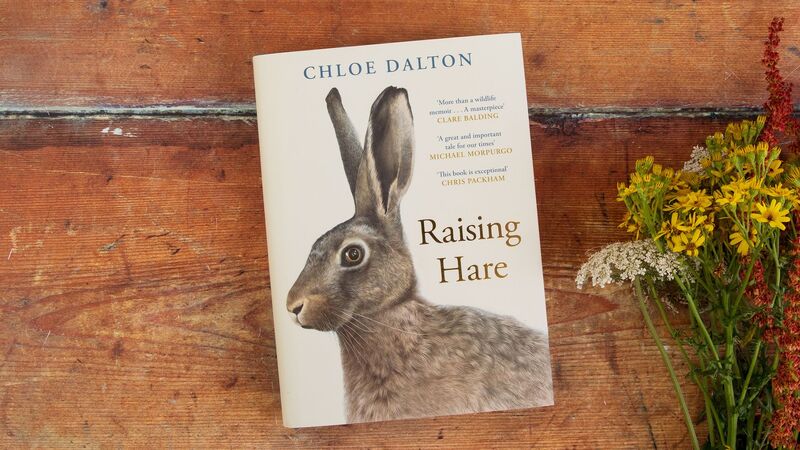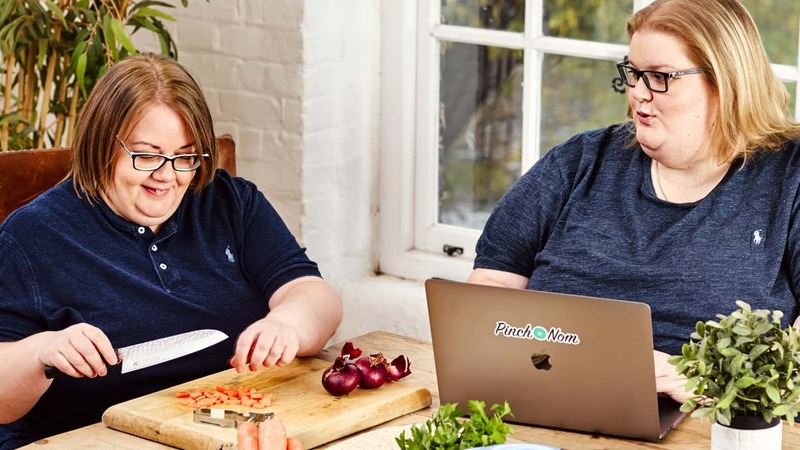You are viewing your 1 free article this month. Login to read more articles.
Chris Pavone: The ex-expat
A few years ago, when our twin sons were four years old, my wife got a new job at Amazon, launching the Kindle in Europe. This job was be in Luxembourg. It would be four thousand miles from where I’d spent my entire life. I’d been born and raised in New York City. It was four thousand miles from the New York publishing world, where we’d both worked for two decades. And four thousand miles from our families. Four thousand miles from our TriBeCa apartment, and our Long Island weekend house. Four thousand miles from the babysitter who took care of our children every weekday.
I worked as a ghost writer and was working on two books at the time—one about cocktails, another about weddings—working with authors I’d known for years. I'd started playing tennis again. I did the food-shopping and cooking. I went to my kids’ swimming classes, and school trips, and doctor’s appointments. I took the dog for his grooming and veterinary visits, the car for its tune-ups. I painted the kitchen and met with the plumber. I eased into a stay-at-home parent lifestyle, with work on the side.
Then suddenly we moved to a medieval town in Western Europe. I couldn’t be a ghost-writer anymore; my tennis partners were far away. I was faced with all the tasks of keeping house and tending to small children, much of it in a language I didn’t speak, with a spouse who worked seemingly all the time, four thousand miles away from all my friends. I was a lone American man in a world filled with European women.
This ex-pat life was by turns fascinating and frightfully boring. And it required dramatic self-reinvention, especially for those people—mostly women—who like me had left behind the defining aspects of their identities. I think it may be this prospect of reinvention that draws many people to expat life. They’re looking for a whole new everything.
As I sat around in rainy playgrounds with reinvented women, I realized that this transition was what many (most? all?) women face when they have children: the need to redefine themselves. To find new ways of existing in the world, and relating to other people, and coexisting in a marriage. The woman’s condition. And this condition was intensified by the expat circumstances: the foreign language in the foreign land, the cultural hodgepodge, the absence of lifelong friends and family and the familiar institutions of home. An exaggerated version of a universal experience.
So there I was in Luxembourg, surrounded by women who used to be this and that, here and there, reinventing themselves, revealing secrets or burying them. Some would rattle off their C.V. within minutes of an introduction; others wouldn’t reveal for months what it is they used to do. And even then, I wouldn’t have any way of knowing if it what she said was true. It was extraordinarily easy to lie, untied from the tethers to truth that surround you in the place you’re from. In your hometown, you can’t pretend to be from somewhere else. But in Luxembourg, for all I knew that ex-publicist from London could have once been a spy. In fact, she still could’ve been. I was in a place—a type of life—where it was impossible to know who anyone truly was. This was what I wanted to write about.
I started The Expats at the beginning of our second year abroad. My wife was still working incessantly, traveling regularly to London, Paris, Milan, on the phone to Seattle in the middle of the night. But me, I was no longer alone all the time; I had some friends. I knew how and where to do what we as a family needed done; I now spoke enough French to manage challenges like repairing the car and buying vegetables. I started going to a café with my computer, writing.
Then just as suddenly as we’d arrived to Luxembourg, we left. When forced to confront what to do next—move to Seattle, to stay with Amazon? remain in Europe, to do who knows what?—my wife and I agreed that we wanted to live in New York again. That we wanted our children to be from New York. After a year and a half in Luxembourg, Madeline had an attractive job offer on the table.
We signed a lease on a Greenwich Village apartment we’d never seen. We had our belongings packed into a shipping container, again. We sent the dog home ahead of us. We took the kids skiing in the French Alps for one last week. Then we boarded a plane in Geneva, and we flew home.
A few months later, I typed “The End” on the last page of the first draft of The Expats.














